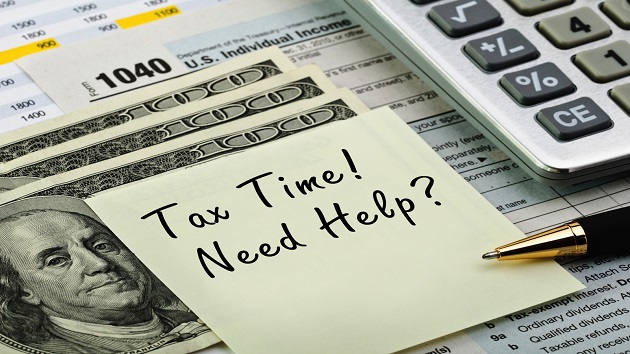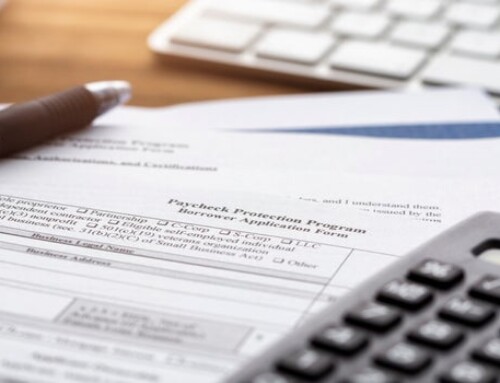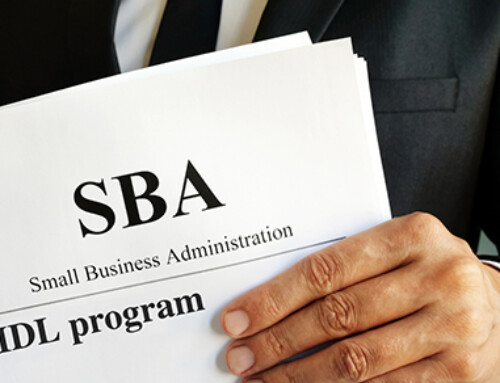At this time of the year, calendars can fill quickly with gatherings of family, friends and the rush of holiday shopping. However, the smart business owner will still carve out time for some end-of-year financial prep. The following tips make an excellent guideline in addition to professional tax advice.
Deduct Your Home Office.
To qualify your home office as a legitimate business expense, it must be a place that is used exclusively for business activities. For example, if your kitchen table doubles as your work desk, you won’t be able to deduct it. Nevertheless, if you have a dedicated room for an office or even a portion of a room, you’ll be able to deduct some of your housing costs. In the past, you had to calculate percentages for a deduction. But since 2014, home-based business owners use a simplified method. You can claim $5 per square foot of the office, up to 300 sq. ft.
Office Supplies
As long as you can prove you’re using them for your business, office supplies you purchase may be fully deductible. You can also deduct a new computer or tablet. However, keep in mind that if you only have one tablet or laptop, then most likely you’re also using it for personal purposes as well. In this case, you can only expense the percentage of how much the equipment if used for business.
Travel Expenses
Did you attend a conference this year? Did you travel to meet a client and weren’t reimbursed for those costs? If so, you can deduct these expenses. Here’s what you need to know:
- You can deduct any transportation costs (plane tickets, bus fare, taxis, airport parking, and rental car).
- You can deduct your lodging and tips.
- You can deduct 50% of your meals for business days.
Also, keep in mind that if you have an out-of-town business day on Friday and one on Monday, you’re also allowed to deduct your lodging and meal costs from over the weekend too!
Autos and Commuting
You obviously can’t deduct any kind of daily commute. However, if you travel to meet a client, purchase business supplies, conduct research or partake in business related activities, you can deduct them as travel expense. That includes a standard mileage deduction (or public transit fares), parking, and tolls.
Buying Lunch for a Client
If you treat a client to a meal, keep in mind you can only deduct 50% of the meal. Additionally, the IRS is going to be on the lookout for excessive or extravagant deductions. To take advantage of this deduction, keep expenses reasonable and keep your receipt, writing on the back the date, the client’s name, and a few notes on the business matters discussed.
Office Furniture
A new desk, chair, bookcase, lamp or other office furniture can be an allowable deduction. Such deductions can be claimed all at once in the year you made the purchase or depreciated gradually over the life of the property
Health Insurance
Self-employed individuals (including sole proprietors) may be able to deduct the cost of health insurance for themselves and their family. However, you can’t deduct your insurance for any time when you were able to participate in an employer-subsidized plan (i.e. through your spouse or partner).
Retirement Plan
Stashing away money in a tax deferred retirement plan is one of the best ways to lower your taxes, even if you just contribute a bare minimum at first. As your business grows, consider contributing more.
Business Structure
If you’ve ever filed taxes as a sole proprietor, then you understand that you must also pay self-employment taxes. Forming a corporation or an LLC and then making an S Corp Election might help you reduce your self-employment taxes. Why? With an S Corp Election, you can pay yourself a “reasonable salary” and any remaining profits can be taken as a profit distribution, which are not subject to self-employment taxes.





